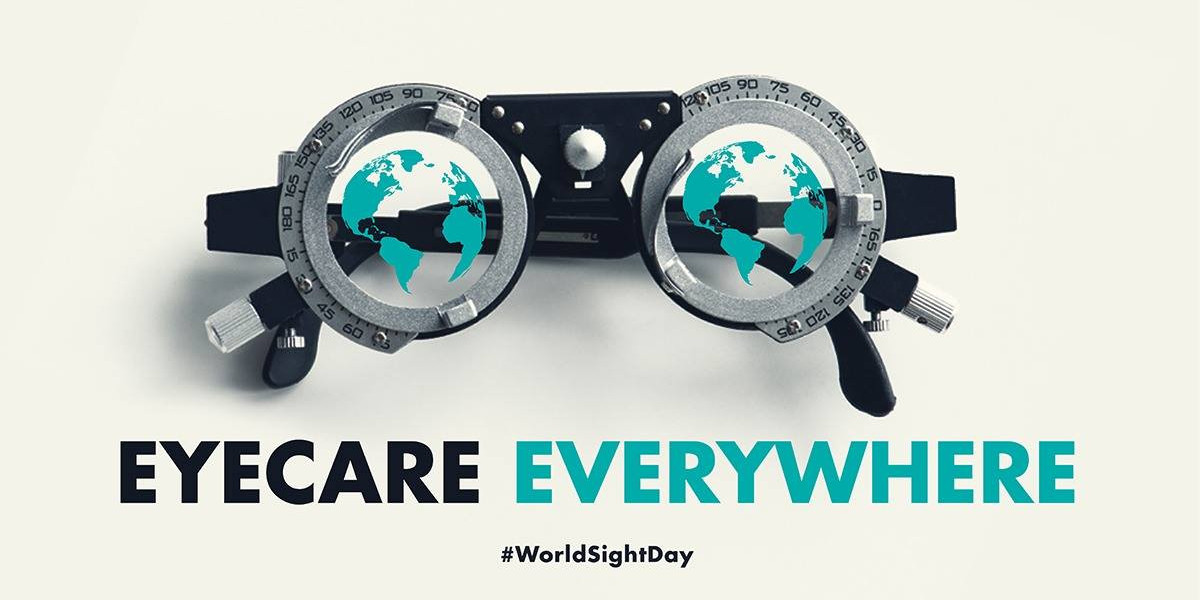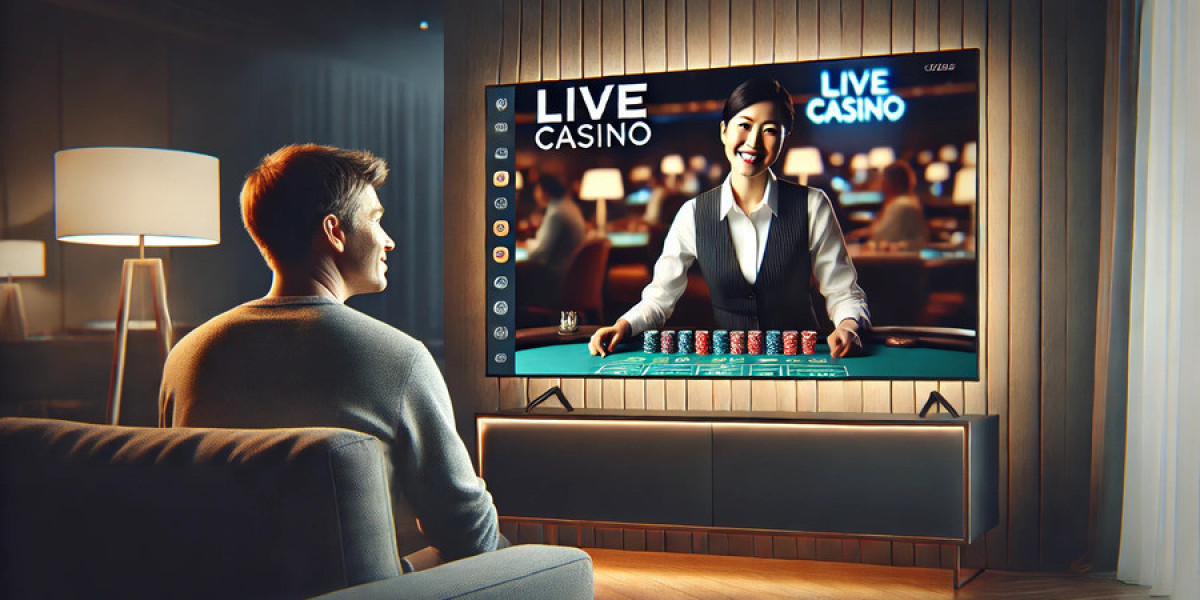Hypertension, commonly known as high blood pressure, affects more than just your heart. One of the often-overlooked complications of this condition is hypertensive retinopathy, which can severely impact your vision. The delicate blood vessels in the retina, responsible for transmitting visual information to the brain, are particularly vulnerable to the effects of high blood pressure. Over time, these vessels can become damaged, leading to blurred vision and, in severe cases, permanent blindness. However, with early diagnosis and timely Hypertensive Retinopathy Treatment, much of this damage can be prevented, and vision can be saved. This blog explores the significance of early intervention in hypertensive retinopathy and how it plays a crucial role in preserving eye health.
Understanding Hypertensive Retinopathy
Hypertensive retinopathy occurs when high blood pressure damages the small blood vessels in the retina, the light-sensitive tissue at the back of the eye. As blood pressure rises, the retinal vessels can become narrowed, thickened, or even leak. This can cause a range of symptoms, from mild vision disturbances to severe sight impairment. The condition is often silent in its early stages, meaning that many people do not experience noticeable symptoms until significant damage has occurred. This is why early intervention through regular eye examinations is essential, especially for those with high blood pressure. Detecting hypertensive retinopathy early can make all the difference in preventing further vision loss and managing the condition effectively.
Why Early Intervention Matters
The key to managing hypertensive retinopathy effectively lies in early detection. When the condition is diagnosed early, it allows for timely hypertensive retinopathy treatment that can halt or even reverse the damage to the retina. In the early stages, the changes in the blood vessels of the retina may be subtle, but with the right diagnostic tools, an eye specialist can identify them before they cause significant vision problems. Without early intervention, the damage can progress to more severe stages, leading to permanent vision loss, retinal bleeding, or even retinal detachment.
Early intervention involves more than just monitoring blood pressure levels. It includes making lifestyle changes, such as adopting a healthy diet, exercising regularly, and following prescribed medications to control hypertension. By addressing high blood pressure early, you help reduce the strain on your eyes and reduce the risk of further complications. Regular eye exams are an essential part of this preventative care, as they allow eye specialists to detect signs of hypertensive retinopathy and begin treatment promptly.
Symptoms of Hypertensive Retinopathy
One of the challenges with hypertensive retinopathy is that it often presents no obvious symptoms, especially in its early stages. This is why regular eye exams are so important, as they can detect changes in the retina before they lead to noticeable vision problems. In more advanced stages, individuals may experience blurred or distorted vision, difficulty seeing at night, or even sudden vision loss. If you have high blood pressure and notice any changes in your vision, it’s crucial to seek eye care immediately. Early detection can help prevent the progression of hypertensive retinopathy and improve the chances of preserving your eyesight.
Hypertensive Retinopathy Treatment: A Comprehensive Approach
When hypertensive retinopathy is diagnosed, the first step is to address the underlying cause: high blood pressure. Controlling blood pressure is the most effective way to stop the progression of the disease and prevent further damage to the retina. In some cases, medication adjustments may be necessary to achieve optimal blood pressure levels. Alongside medical management, lifestyle changes like reducing salt intake, quitting smoking, and managing stress can significantly improve overall health and reduce the strain on the eyes.
In more advanced cases of hypertensive retinopathy, additional treatments may be required. Laser therapy can be used to treat areas of the retina that have been damaged by leaking blood vessels. In rare cases, surgery may be necessary if there is significant bleeding or retinal detachment. The goal of these treatments is to stabilize the condition and prevent further deterioration of vision. Prompt and appropriate hypertensive retinopathy treatment not only helps preserve sight but also improves the overall quality of life by reducing the risk of blindness.
The Role of Eye Specialists in Managing Hypertensive Retinopathy
Eye specialists, particularly ophthalmologists, play a vital role in diagnosing and treating hypertensive retinopathy. Regular eye exams are essential for individuals with hypertension, as they enable early detection of retinal changes. Ophthalmologists use specialized equipment, such as fundus photography and fluorescein angiography, to carefully examine the retina and identify any signs of damage. If hypertensive retinopathy is detected, the ophthalmologist will work closely with the patient’s primary healthcare provider to ensure that blood pressure is properly managed and that any necessary treatments are initiated promptly.
Choosing the right eye hospital and specialist is crucial for effective hypertensive retinopathy treatment. At a reputable eye hospital, advanced diagnostic technologies and skilled eye care professionals are available to provide comprehensive care. Whether it's through routine eye exams, laser treatments, or surgical interventions, early detection and professional care can make a significant difference in the outcome of hypertensive retinopathy.
Preventing Further Damage: Lifestyle Changes and Management
While early detection and hypertensive retinopathy treatment are key to saving vision, ongoing management is equally important. If you have high blood pressure, adopting a healthy lifestyle is essential in preventing further damage to the retina. Eating a balanced diet rich in fruits, vegetables, and whole grains can help control blood pressure and support overall eye health. Regular physical activity, such as walking or swimming, can help reduce hypertension and improve circulation to the eyes.
In addition to lifestyle changes, it is crucial to follow your doctor’s recommendations for managing high blood pressure. This may include taking prescribed medications, monitoring blood pressure regularly, and reducing stress. By maintaining healthy blood pressure levels, you help protect your eyes from the long-term effects of hypertension and reduce the risk of complications like hypertensive retinopathy.
The Importance of Comprehensive Eye Care
When it comes to hypertensive retinopathy, the importance of regular eye exams cannot be overstated. For individuals with high blood pressure, an annual eye exam can help detect early signs of retinal damage. Early intervention through hypertensive retinopathy treatment can prevent long-term vision loss and ensure that any issues are addressed before they become more serious. Eye health is an integral part of overall well-being, and regular check-ups can help ensure that your vision remains clear and unaffected by hypertension.
If you're looking for a trusted, specialized eye hospital to manage your hypertensive retinopathy, it's essential to choose a facility with expertise in diagnosing and treating retinal conditions. Maxi Vision, with its team of experienced ophthalmologists and cutting-edge technology, is dedicated to providing comprehensive care for all your eye health needs. With early detection, personalized treatment plans, and a commitment to preserving vision, Maxi Vision stands out as a leading choice for those seeking expert care for hypertensive retinopathy.
Conclusion
Hypertensive retinopathy is a serious complication of high blood pressure that can lead to significant vision loss if left untreated. However, with early intervention and the right hypertensive retinopathy treatment, much of the damage to the retina can be prevented, and vision can be preserved. By maintaining healthy blood pressure levels, making lifestyle changes, and seeking regular eye exams, individuals with hypertension can take proactive steps to protect their eyesight. If you or someone you know is living with high blood pressure, don't wait for symptoms to appear—schedule an eye exam today. Early detection and care are your best defense against hypertensive retinopathy and its impact on your vision.








